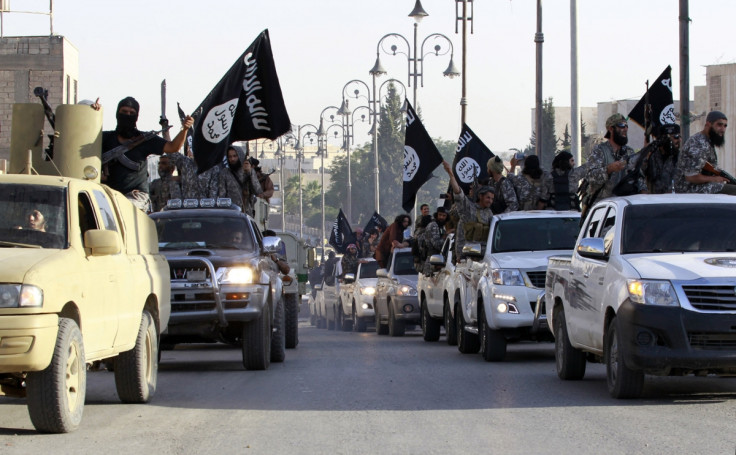Isis Smuggling $50m of Oil Monthly to fund Medieval Caliphate in Iraq and Syria

The Islamic State, which reportedly generates $50m (£25m) a month in oil operations in neighbouring Syria, has expanded its oil business in Iraq to fund its recently declared 'caliphate.'
Having seized vast swathes of territory across Iraq, the jihadist group has begun selling crude oil and gasoline on black markets to fund its cross-border caliphate.
Militants from the Islamic State (formerly known as Isis) grabbed four small oilfields as they advanced through northern and central Iraq in June. The ultra-violent militants now control the Najma and Qayara oilfields near the northern city of Mosul, as well as the Himreen and Ajil oilfields close to the central city of Tikrit.
Islamic State Seize Iraq Oil Fields
The Islamic State has begun selling large volume of crude from Najma to Turkish traders at a heavily discounted price of around $25 a barrel, according to Iraqi officials. The militants are have also transported oil from the Qayara field to neighbouring Syria where they control a number of mobile refineries.
"We have confirmed reports showing that the Islamic State is shipping crude from Najm oilfield in Mosul into Syria to smuggle it to one of Syria's neighbours," said Husham al-Brefkani, a local government official, quoted by Reuters.
"The Islamic State is making multi-million dollar profits from this illegal trade," he added.
Tactic First Seen in Syria
Taking over energy facilities has been a trademark of the group since they were disowned by the al-Qaeda affiliated Jabhat al-Nusra. Islamic State jihadists have seized control of all the major oilfields in neighbouring Syria's Deir Ezzor province.
Sources in Syria say the oil money has been used for myriad purposes; to purchase weapons, to pay fighters, to pay off local tribes and to fund the state-building activities the Islamic State undertakes in its bid to win hearts and minds.
In rebel-held Syria, close to the oil producing hubs in Deir Ezzor province, entire oil markets have sprung up. Extraction is mostly improvised, but amounted to between 30,000 and 50,000 barrels per day in April, according to the Financial Times, which cited an oil engineer at the Syrian Observatory for Human Rights.
A Carnegie Endowment report suggested Syria's oil producing regions were generating up to $50m (£29m,€37m) per month for the group.
Impact on Turkey market
Meanwhile, the sale of smuggled oil to Turkish traders has become so significant that Turkey's own domestic fuel market has been impacted, according to BP's Turkey manager Martin Thomsen.
"The smuggled fuel coming from Syria has begun to affect us adversely since the beginning of April," he said in early July.
"Fuel sales have remarkably dropped, particularly in southern provinces," he added.
While Turkish gas station operators have held crisis meetings over the new flow of cheap crude, the trade continues unabated.
© Copyright IBTimes 2024. All rights reserved.






